As a small business owner, navigating your financial needs can be challenging, especially when it comes to deciding whether you need a bookkeeper or an accountant. Both play critical roles, but their responsibilities and areas of expertise differ significantly. Understanding these distinctions is key to ensuring your business’s financial health is in the best hands. This detailed guide will help you understand the specific functions of each role, their benefits, and how to decide which one (or both) you need for your business.
Understanding the Role of a Bookkeeper for Your Small Business
A bookkeeper handles the day-to-day financial transactions of your business. This includes recording income and expenses, managing invoices, and tracking cash flow. They maintain your general ledger and ensure that every transaction is documented properly. Bookkeepers are often responsible for processing payroll, reconciling bank statements, and keeping your financial records up to date, which provides a solid foundation for any subsequent financial analysis.
Bookkeepers use accounting software to categorize transactions and ensure the accuracy of your financial data. Their work is crucial for generating financial reports that help you understand where your money is coming from and where it is going. This helps to maintain a healthy cash flow and supports informed decision-making about daily operations.
In addition to handling routine tasks, bookkeepers also prepare documentation for accountants. When tax season comes, having a bookkeeper ensures that all your financial transactions are organized, reducing stress and potential errors. They help ensure compliance with tax regulations by keeping detailed records of all transactions, which can also be critical during an audit.
In short, bookkeepers are the backbone of your financial record-keeping. They ensure that all of your daily financial activities are recorded correctly, giving you a clear picture of your business’s financial situation at any given time. A well-organized bookkeeping system helps you monitor the financial health of your business and make sure that no transactions are overlooked.
The Strategic Role of an Accountant in Small Business Growth
Accountants, on the other hand, provide a more strategic level of financial oversight. Their work often builds on the information bookkeepers provide. Accountants prepare financial statements, provide tax advice, and assist with financial planning. They interpret the data provided by bookkeepers to help guide business decisions, prepare your tax filings, and advise you on strategies to minimize tax liability and maximize profits.
A small business accountant has a specific focus on understanding the unique challenges that small businesses face. Unlike accountants who might work with large enterprises, small business accountants are accustomed to handling diverse situations, such as managing cash flow in a seasonal business, optimizing limited resources, and finding tax incentives tailored to smaller operations. They can help identify opportunities that are specific to small businesses, such as particular tax credits or cost-saving strategies that might not apply to larger companies.
Accountants are essential for analyzing financial data and offering insights that can help grow your business. They create profit and loss statements, balance sheets, and cash flow statements, which are key financial reports that summarize your company’s performance over time. These reports help you understand how well your business is performing and identify areas where you can improve.
Beyond tax preparation, accountants also help small business owners understand the tax implications of different financial decisions. For instance, they can advise you on the best structure for your business to minimize taxes or maximize available deductions. They can assist in developing a tax strategy that aligns with your business goals, helping you plan for quarterly taxes and avoid underpayment penalties.
Another critical role of accountants is financial forecasting and budgeting. Accountants help you develop realistic financial goals and plan for the future. They use historical financial data to predict future revenue, identify seasonal trends, and suggest ways to optimize spending. By helping you set a budget and track actual performance against it, accountants enable you to make data-driven decisions that support sustainable growth.
Accountants may also help you create budgets, forecast future financial needs, and analyze the performance of your business over time. Their role is more analytical and advisory, making them crucial for small business owners who want to grow their business, maintain compliance, or make informed financial decisions. They can also help you with securing financing by preparing detailed financial statements and projections that potential lenders or investors need to see.
When Does Your Small Business Need a Bookkeeper?
A bookkeeper is a valuable asset when your business has frequent financial transactions that need to be recorded, but you do not need advanced financial analysis. If your business is small and you mainly need help with managing day-to-day finances, a bookkeeper may be sufficient. They can keep your financial records organized, save you time, and allow you to focus on running your business rather than worrying about the details of every transaction.
For many startups and small businesses, bookkeeping can be a daunting task. By hiring a bookkeeper, you ensure that all income and expenses are recorded accurately, which makes it easier to prepare for tax season and analyze business performance. Bookkeepers can help you stay on top of invoicing and payments, reducing cash flow problems and improving your relationships with vendors and clients.
If your financial needs are straightforward and primarily involve keeping track of expenses, income, payroll, and ensuring bills are paid on time, a bookkeeper is likely what you need. They will help maintain accuracy and give you peace of mind that your financial records are in order.
When Does Your Small Business Need an Accountant?
An accountant becomes necessary when your business grows and your financial needs become more complex. If you need help with tax strategy, financial analysis, or planning for the future, an accountant’s expertise is invaluable. They can help you reduce your tax burden, ensure compliance with regulations, and give you insights into how your business can become more profitable.
Hiring an accountant is a good idea if you are making major financial decisions, such as expanding your business, purchasing new equipment, or seeking external funding. Accountants can help you assess the financial implications of these decisions and assist you in securing financing. Their expertise will also be vital if you are looking to minimize risks, manage debt, or ensure your business is on a sustainable growth path.
For businesses that need to make strategic decisions, plan for growth, or ensure they are complying with complex tax rules, accountants offer an analytical perspective that goes beyond the day-to-day record-keeping provided by bookkeepers. Small business accountants can also assist with audits, mergers, and acquisitions, as well as preparing financial statements for stakeholders.
Should Your Business Hire a Bookkeeper, an Accountant, or Both?
The answer depends on your business’s needs and its stage of growth. If your business is small and you mainly need help with managing day-to-day finances, a bookkeeper may be sufficient. They can keep your financial records organized, save you time, and make it easier for you to focus on what you do best—running your business.
However, if your business is growing, needs complex financial analysis, or you want help with tax strategy and compliance, hiring an accountant—or working with both an accountant and a bookkeeper—is a smart move. Many small businesses benefit from having both professionals: a bookkeeper to keep the financial records in order and an accountant to provide strategic financial guidance.
In some cases, small businesses start with a bookkeeper and bring in an accountant as they grow. Other businesses opt for an outsourced accounting service that offers both bookkeeping and accounting services, providing an all-in-one financial solution that evolves with their needs. This approach ensures that as your business grows, you have the right expertise available to support your financial goals.
Conclusion
Understanding the difference between a bookkeeper and an accountant is vital for effectively managing your business’s finances. Bookkeepers keep your financials organized and ensure that daily transactions are recorded properly, providing a solid foundation for financial health. Accountants take a more strategic approach, helping you analyze your financial data, comply with tax regulations, and make informed decisions for growth.
For small businesses that need both efficient financial record-keeping and strategic insight, ACGDEPT offers comprehensive small business accounting services tailored to help you succeed. Whether you need bookkeeping services, accounting expertise, or a combination of both, we’re here to support your business every step of the way, helping you make the best financial decisions for your future.


